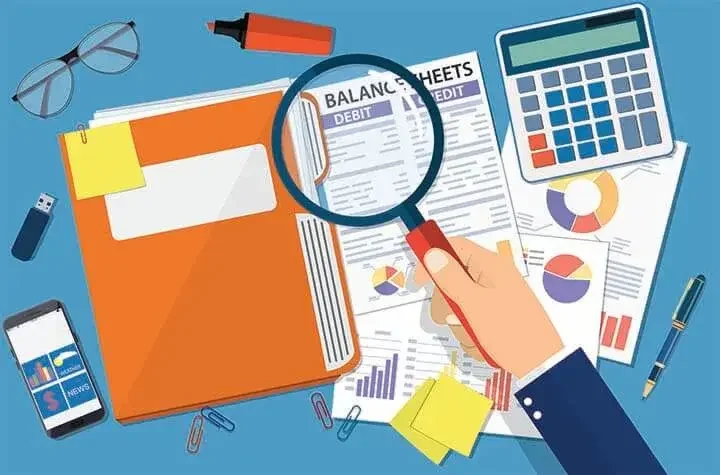For businesses in startup mode, it's hard to fund growth without access to cash or credit, which is why many companies opt to take on business debt. That is, they borrow money to pay for marketing tactics designed to attract customers.

The key to this strategy is ensuring that you don't get in over your head. If you extend yourself beyond your means to repay the debt, it can threaten the health and longevity of your business.
Here are some tips for managing your debt from entrepreneurs who succeeded.
Set up a debt spreadsheet
Christine Yaged, co-founder and CMO of FinanceBuzz, relied on both personal and business credit cards to fund the startup of the personal finance site. The company paid off each card in full each month using cash flow and personal savings, which were reimbursed by the company two or three months later. That "float" presumably gave FinanceBuzz a financial cushion, since it didn't have to pay back that money for more than the 30 days that credit cards and other debts typically require.
To stay on top of FinanceBuzz's debt, the business used a simple Google spreadsheet. The spreadsheet, "with each credit card, credit card limit, current balance and due date, was an easy way to manage all our credit card debt," Yaged says.
Trevor Blessinger co-founded Art of the Gentleman two years ago with a business partner and $4,500 in cash from savings. It was just enough to get the men's apparel venture up-and-running, but they needed additional capital to fuel its growth.
Blessinger's track record of using personal credit cards "frequently and responsibly" convinced him that getting a business credit card for the company was a smart strategy. They got one, primarily to pay for Facebook advertising, and agreed to pay it off in full every month. "To this day, we have not paid a single penny in interest fees," he says.
"Sure, operating your business off credit cards versus getting a small business loan seems more risky based off repayment terms," Blessinger says, but "that added risk is what motivated us to give our all to the business."
Limiting credit card debt to one card makes it easier to stay on top of what has been spent and what is owed.
Track your business growth
While a Google spreadsheet can help manage financial obligations after the fact, Cassy Aite, CEO and co-founder of snack delivery company Hoppier, worked early on to ensure that the company could pay back anything borrowed.
"Instead of looking for investors, we pulled together all of our data—monthly recurring revenue, customer lifetime value, customer acquisition costs, etc.—anything that we thought an investor or a bank would find valuable," she says. "We tracked this data over a few months until we could prove we had a solid case that the company was growing and that our business model was sustainable."
As a result of that tracking and planning, Hoppier had no trouble getting a loan, "because we had evidence that we were doing well," she says. Plus, all the number crunching confirmed to the startup team that they had the incoming revenue to afford loan repayment easily.
Budget carefully
Even if you have no trouble landing the cash infusion your startup needs, it's essential that you can afford the monthly payments. One way to check this is to create a detailed budget of every expense the company must pay each month.
"It's important for small business owners to be on top of their financial situation through the establishment of a budget," says Zain Jaffer, founder and CEO of Zain Ventures. "Through a budget, you can make informed decisions and better assess the situation." This helps ensure you don't take on more debt than you can afford to repay.
Cut costs
If you've borrowed and are getting more anxious about debt repayment, you can take steps to make repayment easier. The first is to cut costs, Jaffer says.
"When debt starts to creep out of control, it's important to examine your expenses and cut out any that are unnecessary, and renegotiate costs and terms with suppliers, if possible," he says. "Examine the areas where debt is building and find ways to cut corners without sacrificing quality."
Have an aggressive repayment plan
Jeremy Harrison, who runs the blog Hustle Life, has advice for entrepreneurs striving to manage the debt they've taken on to fund their company's growth:
- Allot 10% of your profits to debt repayment.
- Pay off your current obligations and apply whatever money is left to debt repayment.
- If you have multiple loans, consolidate them to simplify tracking and reduce the risk of not paying on time.
"Debt is inevitable," Harrison says. "You just have to be prepared when it happens. Staying on a planned course is a great strategy to manage your debts."

